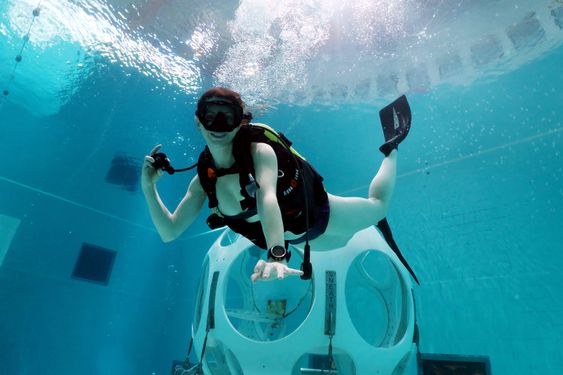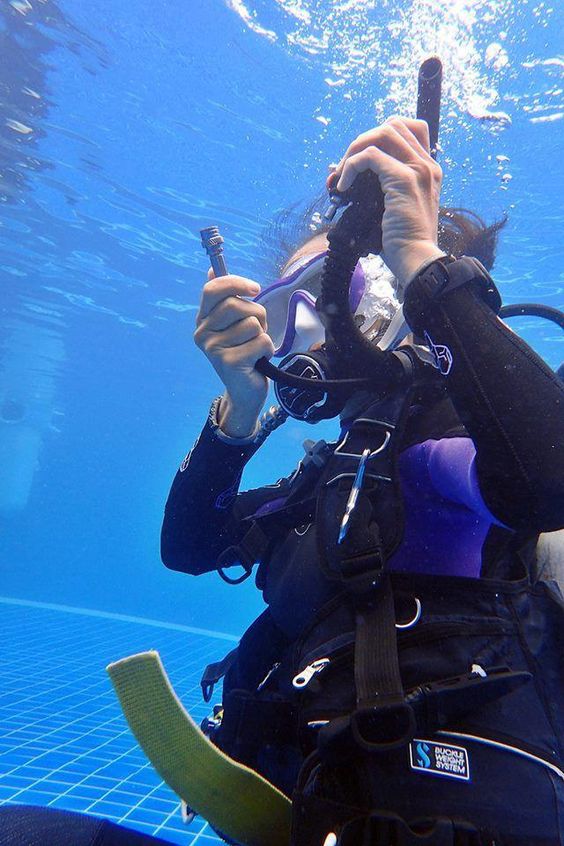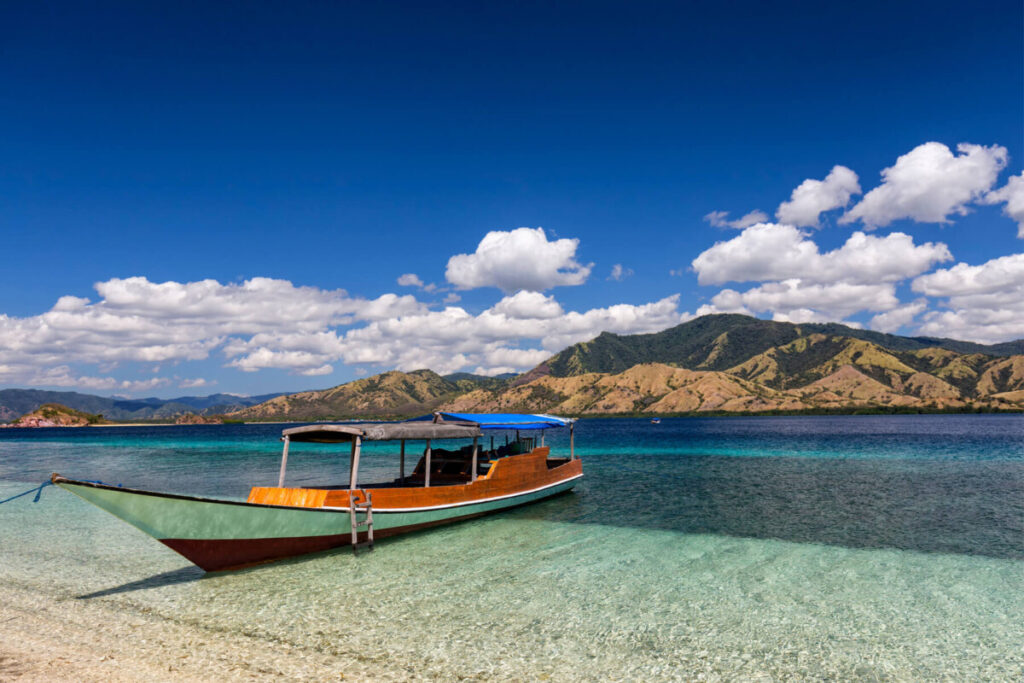Every year, hundreds of beginners come to the world of scuba diving. Over the years, diving—who was previously thought to be an extreme sport only suitable for men—has increased in popularity. Now, women and children have equal opportunities to dive and explore the underwater! One of the most popular destinations for beginner divers is Bali, the Island of God! Sunny weather, warm water, blooming corals, and huge array of marine animals make it an ideal destination for those who just start their underwater adventures. Naturally, there were so many questions asked on classes for scuba diving for beginners. Here’s some of the most frequently asked, and we hope it would help for anyone who’s interested in scuba diving.

Who Can Have Scuba Diving for Beginners Training?
Honestly, is there anyone who think that women can’t dive? Diving is for everyone, really. As soon as you hit 10 years old, you can start scuba diving accompanied by professionals. Beginners who start early in scuba diving (below 15 years old) could get PADI Junior Open Water Certification. Any adult—starting from any age older than 15 years old can sign up for PADI Open Water Certification. Seniors who have been enjoying scuba diving on their younger age can continue to do so. Anyone can dive, really. Unless you have certain disabilities or medical condition—you might want to consult with your doctor first.
How Does Breathing Underwater Feels Exactly?
Naturally, breathing in underwater feels unnatural for the first time. Moreover, we are breathing through our mouth while our nose is pressed as tight as possible. This is not how we usually breathe as a human, on land. In scuba diving for beginners, breathing through a scuba regulator will definitely feel strange. You might feel a little hesitant at first. But as you practice and become more comfortable with mouth-regulator breathing, everything will feel as natural as nose breathing. The trick is to exhale fully after each breathe before inhaling the next.
What If I Run Out Air?

Can you run out of air? Technically, you can. This is why equipment check before any dive—whether in training pool or in actual open water—is extremely important. You need to learn to check any security issues on your scuba diving for beginners training. The local dive operators will guide you and do the final check. You should resurface when the remaining oxygen reach 25% to avoid running out of air underwater.
More on Diving and Travel:
Things Beginners Need to Do to Plan for Scuba Diving Holidays
Do I Need Health Certificate Before Applying for Scuba Diving for Beginners?
Generally, you don’t. But it would be better if you do—and become extremely important if you have certain health issues. You will fill a form of general body condition during the sign up. This way, the dive operators would have general knowledge of your health suitability for diving.


